Moon, 66 Questions
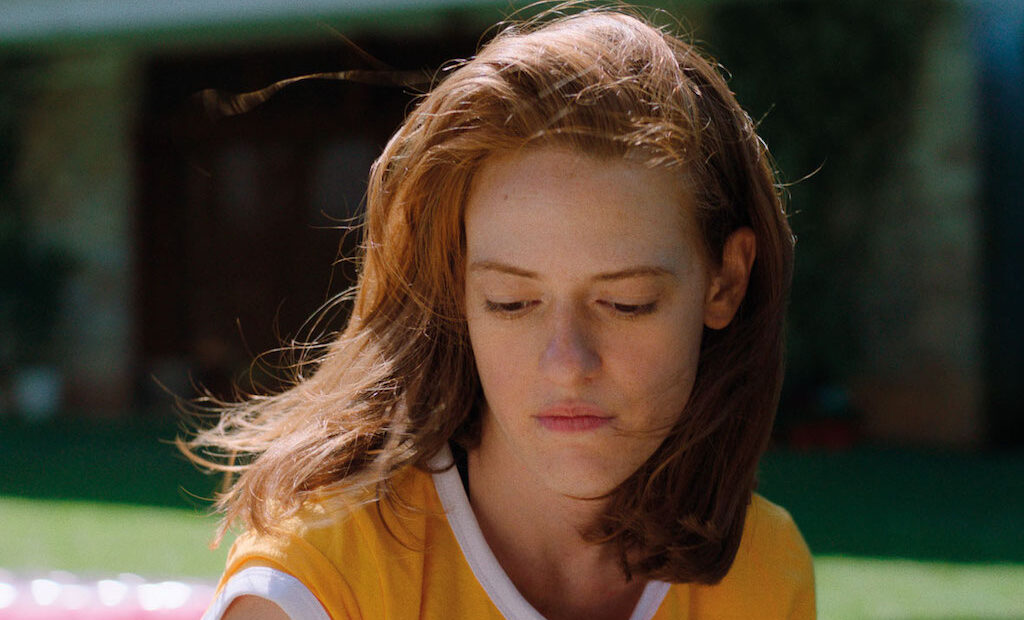
This promising domestic drama about a young woman reconnecting with her ailing parent has an intelligent scene in which the former learns how to manoeuvre the debilitated patient, once her protector and guardian. Conveyed through erudite shot selection, the role reversal reveals an inverted diptych of father and daughter: the strong has become weak, the weak must now become strong. The accumulated hierarchies of the past, however, keep asserting themselves in the present. The pair’s prior estrangement is founded on a lifelong lack of communication, brought into focus by the older man’s declining ability to speak aloud about his suffering.
The beginning outlines a vague sense of terrain through recorded footage that replicates a home video aesthetic. Timestamps indicate the late-90s setting, overlaid with fraught discussion that introduces Artemis (Sofia Kokkali) as she returns from France to Greece to look after her dad, Paris (Lazaros Georgakopoulos). Although their names elicit blatant mythological resonance, the story mostly circumscribes ancient tragedy for calculated euro-realism.
Jacqueline Lentzou’s first feature has a sense of style, overall, illustrated through unfurling optical and sonic ellipses: extreme close-ups, warped images, doorway glimpses, misted lenses, soaked sun glares and discordant sound design. Such techniques ape the disorientation wrought by serious illness while maintaining peculiar distance between the viewer and depicted events. Shifts in colour scale usefully situate Artemis with her father and then their extended middle-class family: the dark grey hues of the hospital give way to sharp yellows of the garden and striking blues of the swimming pool.
There are several occasions when the Greek director’s mannered approach to image-making intrudes on the narrative. The pictorial dexterity insinuates a poisonous undergrowth, rendering rotting peppers as still life, a callous job interview as bourgeois tableaux and tarot cards as intertitles. The voiceover meanwhile notes fluctuations of the moon’s age and appearance, leaning into broader cosmic themes that balance out the notional intimacy between Paris and Artemis. Allusions to mysticism and astrology dovetail with intrusions of private history, as the daughter recounts her complicated bond with what is now a shaking exoskeleton.
While the acting is fairly convincing, the script’s cultural references to Gena Rowlands and Catcher in the Rye tend to distract rather than intrigue. The work functions best when using solid materials for symbolism. Markers of consequence, such as the angular shop mannequins with phantom limbs and the cuboids of crushed car metal suspended in the air, present perfect and insentient forms. These operate as counterpoints to Paris’s state of being: one of faltering body and will. Therein lies the film’s visual compassion for its subjects, which it treats as difficult people capable of belated redemption.
Joseph Owen
Moon, 66 Questions is released in selected cinemas on 24th June 2022.
Watch the trailer for Moon, 66 Questions here:

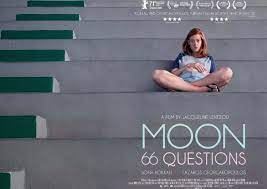




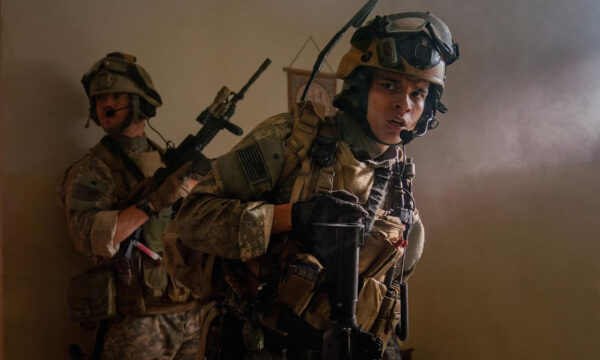
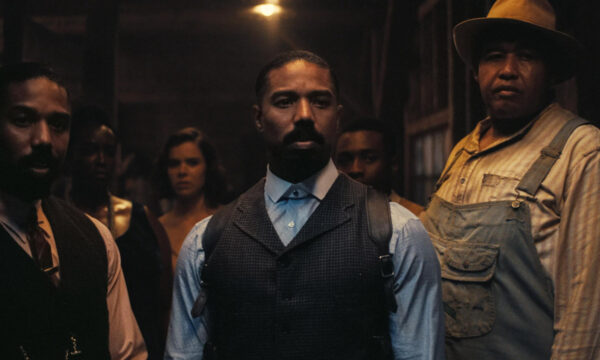
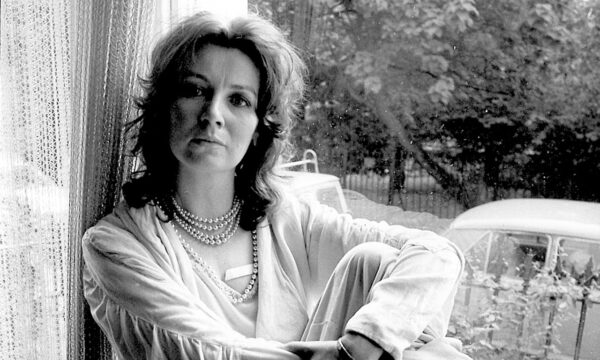
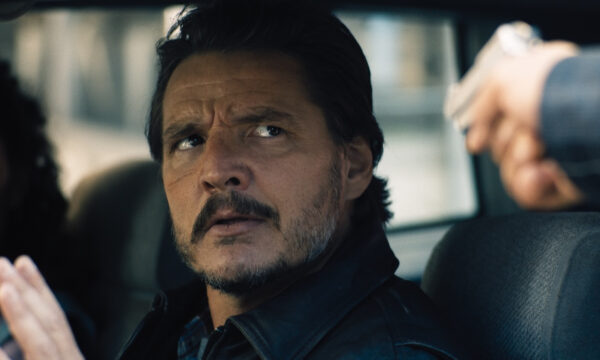
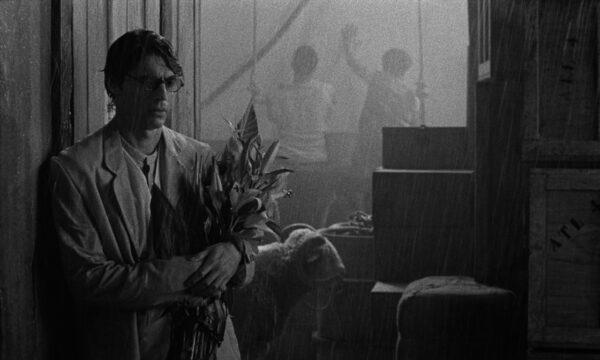















Facebook
Twitter
Instagram
YouTube
RSS